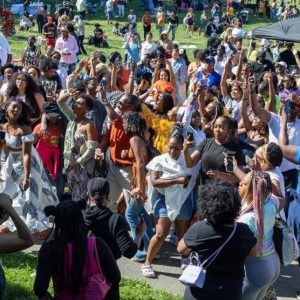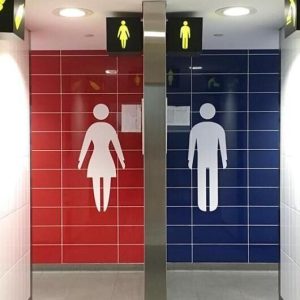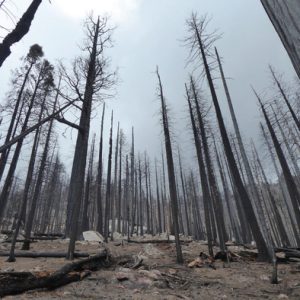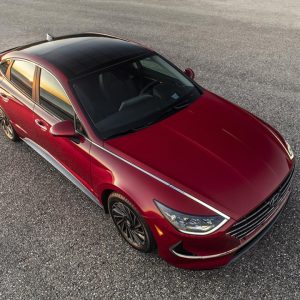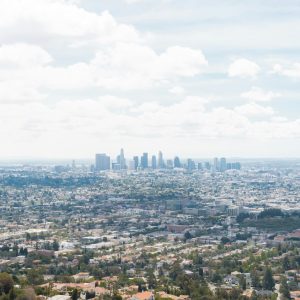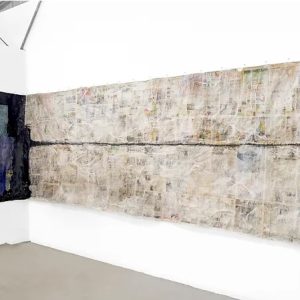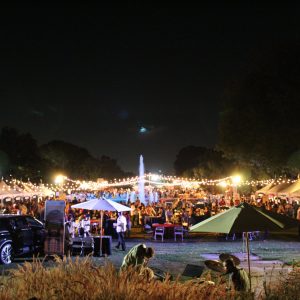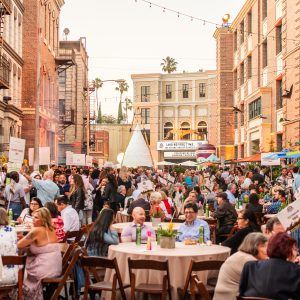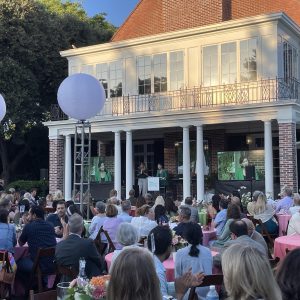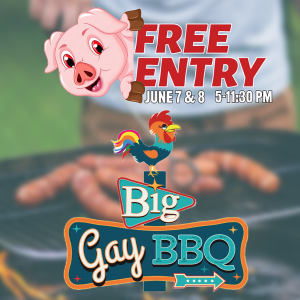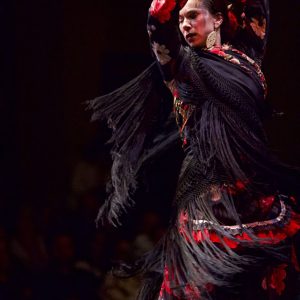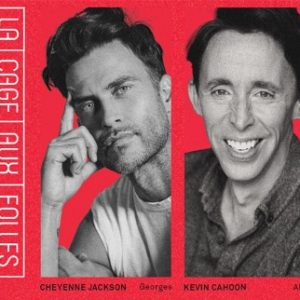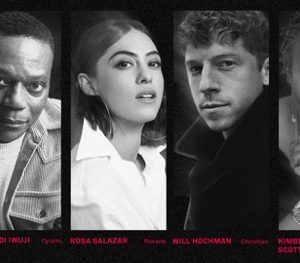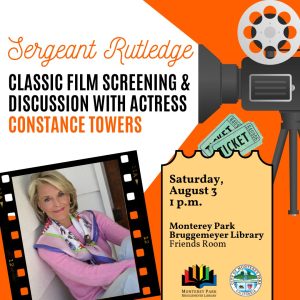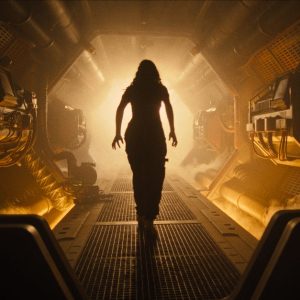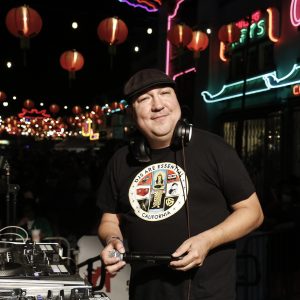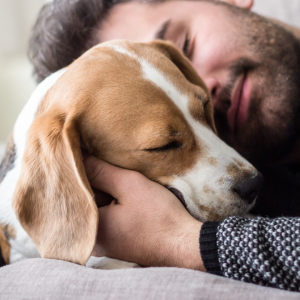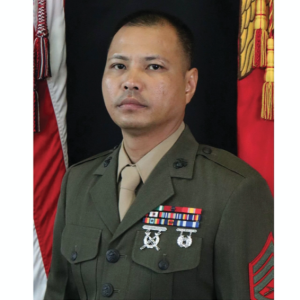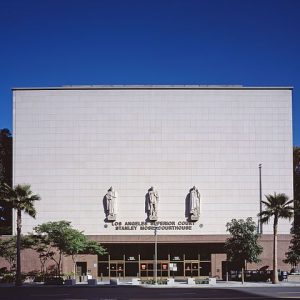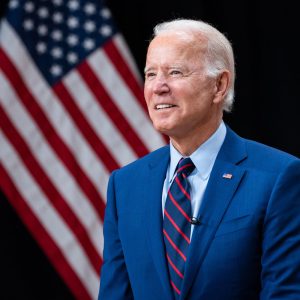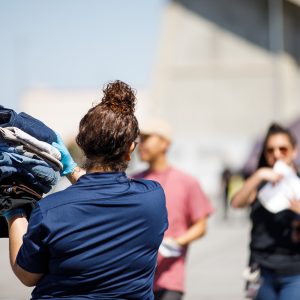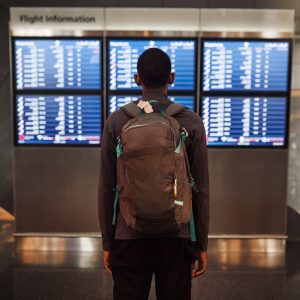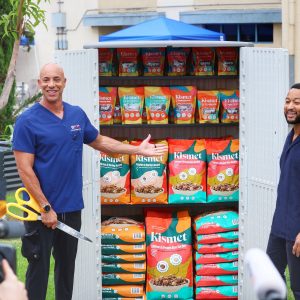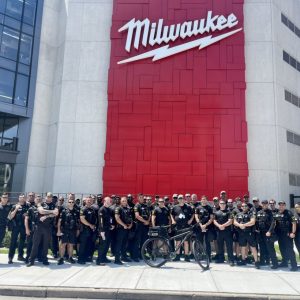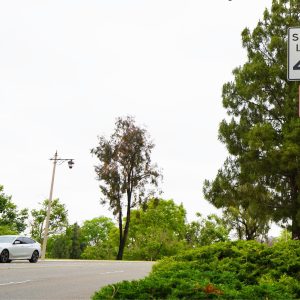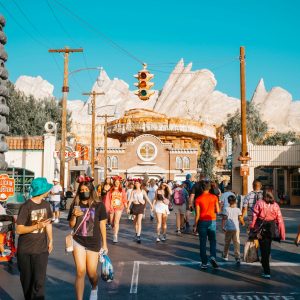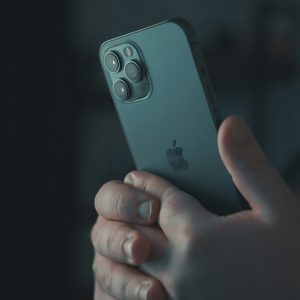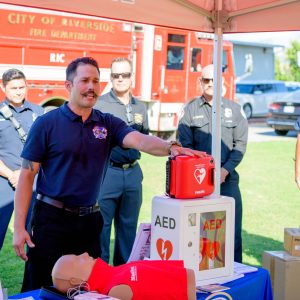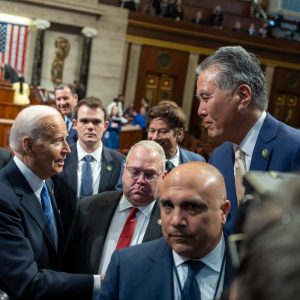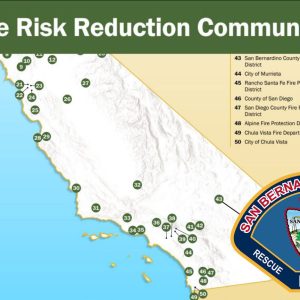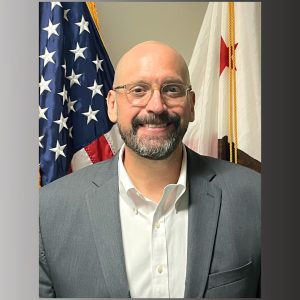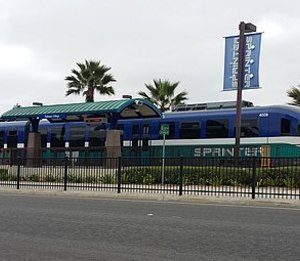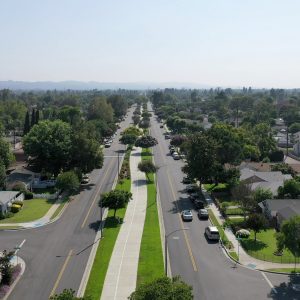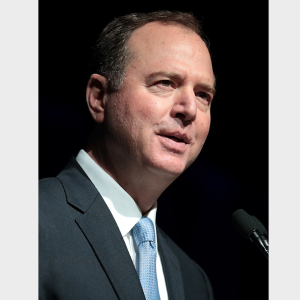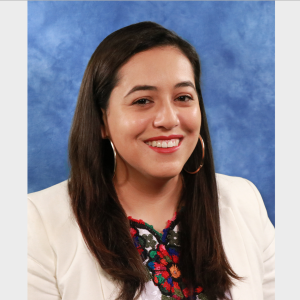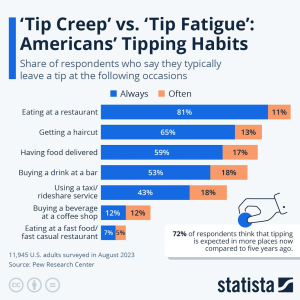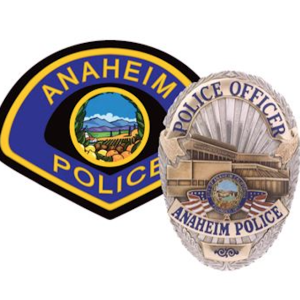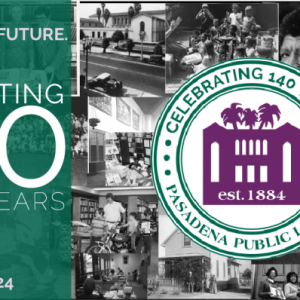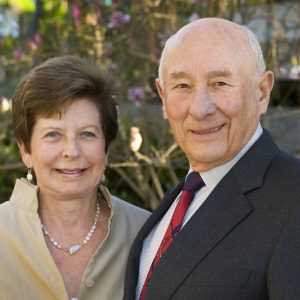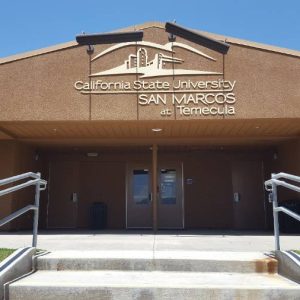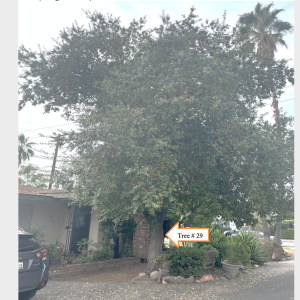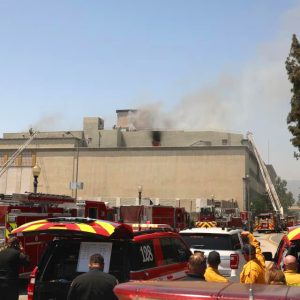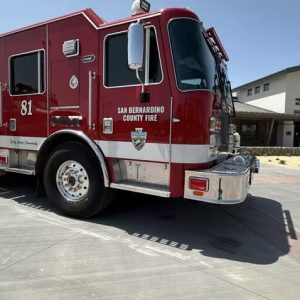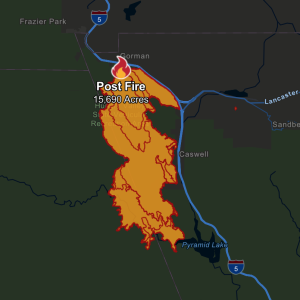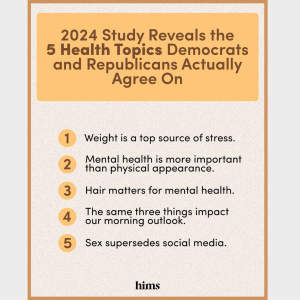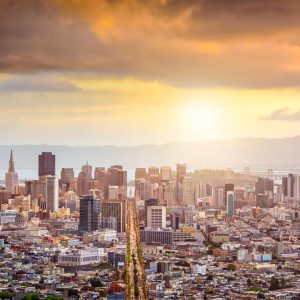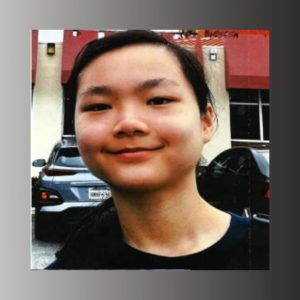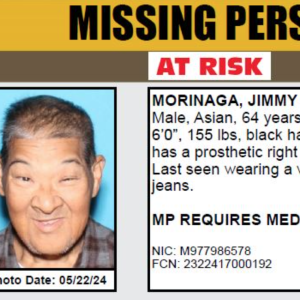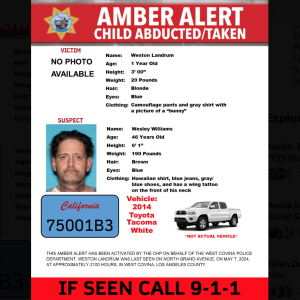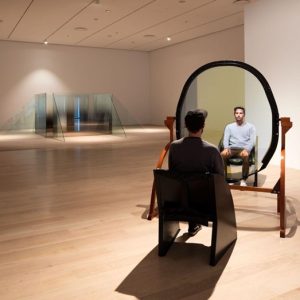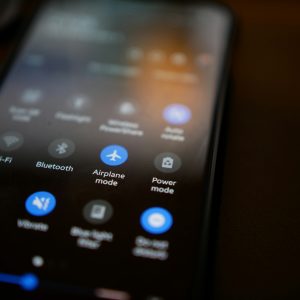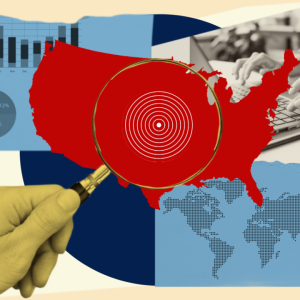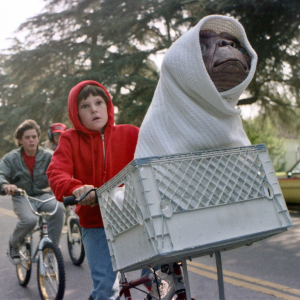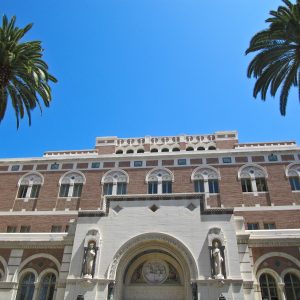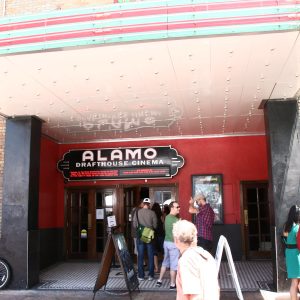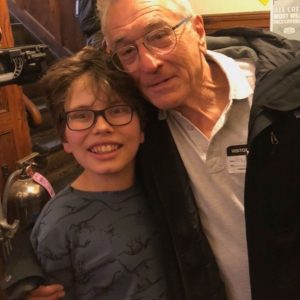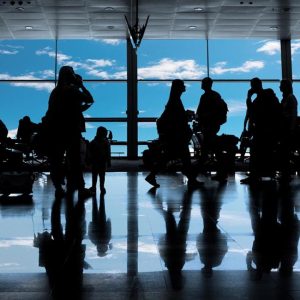 View Winners →
View Winners → Bobby Seale, Founder of Black Panthers ,Talks Power and Politics at PCC
Tuesday, in Pasadena City College’s Creveling Lounge, Bobby Seale, founder of the Black Panther Party, gave a lesson to the hundred or so people in the auditorium about the benefit of organized political action. “What is a political power seat?” he asked.
All around the room, students could be seen taking notes. Glancing up from their tablets or laptops or notebooks to Seale and back so as not to miss a word. Audience members poured their attention forward. Some older audience members looked through tablets and camera phones and shook their heads in amazement. Some listeners simply gripped their chins with a single hand, the classic, “Thinker’s pose.”
“A city council ain’t nothing but a legislative body,” Mr. Seale said, “The county seat? Nothing but legislatures. So [unless you] have any political power seats you’re not going to change anything. And that was my organization. That was my objective. Going out there to patrol and observe the police …” and here he broke from a nonchalant style of oration into that full preacher’s vibrato that sends a jolt of electricity running through any audience: “And capture the imagination of the people! And how did we capture ‘em!?”
He lowered his voice to continue. The story he told was one of the first times the Black Panther Party took to the streets of Oakland, CA, back in January of 1967.
The Panthers, he explained, were originally called, “The Black Panther Party For Self Defense,” and their goal was to take to the streets of their community—armed with legal weapons—in order to get the members of their community interested in the democratic process by offering their services as a crack community watchdog-unit designed to keep police officers accountable for their actions.
“My friend Huey [Newton] was probably at his best that one night, the second week of January. We’d been training these brother and sisters and we only had a handful—fourteen fifteen people, that’s all—we didn’t have a whole lot of people. …
“And that one night we had got everybody trained: ‘Never point a loaded weapon at a person. If you point a loaded weapon at a person it constitutes assault with a deadly weapon.’ Huey was in law school at the time. Had been two years in law school. And I insisted on Huey that he find every legal framework so that we make sure that we got a legal operation here. And he did that. …
“All these people that had gathered on the sidewalk when we walked down [the street, approaching a police car arresting a black man for some reason] and [the police officer] didn’t even see us. He was sitting in his passenger seat of his car and he’s got the door open. And he’s talking on the radio and he’s trying to write. His arrestee is at the back with his hand on the back of the trunk. …
“And we got there and the cop jumps out [of his car, shouting] ‘You have no right to observe me!’ And Huey’s shining moment, and if I ever give him credit, he says, “No. California State Supreme Court and ruling states that you have a right to stand and observe a police officer carrying out their duty as long as you are standing a reasonable distance away. A reasonable distance in that particular ruling is constituted at eight-to-ten-feet. I’m standing approximately twenty feet from you and will observe you whether you like it or not,’ and [a bystander on] the sidewalk says, ‘Well go head on and tell him!’
Seale then recounts that the cop requested Huey Newton to surrender his weapon, and again, Mr. Seale remarks, Newton rattled off an article of the California Constitution citing that the police officer could not remove property from his person unless under due process of the law, ‘Step back!’ Newton commanded, ‘You cannot touch my weapon!’
“It had never happened before,” said Mr. Seale to the crowd of students, “We were disciplined. There was fourteen of us. And one sister Geraldine—with them earrings hanging. She had that big afro, and she had a neat bush-jacket, and a big forty-four pistol strapped down to her side. Half of us had long guns, half of us had short guns. Nobody pointed a weapon at people. ‘Only one person talk!’ Huey had said. One person. Let the police first say something. Because Huey researched the law. If you say something to a cop first you can be charged with interfering with a police officer carrying out their duty. If the police says something to you then you can answer them. He waited for the cop to speak first. …
“The cop got his arrestee, [put him in the car] and drove off. Four little kids come running around the corner saying “See? I told you.” And I say [to the people on the sidewalk], ‘Ladies and Gentlemen my name is Bobby Seale, I’m Chairman for the Black Panther Party For Self Defense. This is my friend here, his name is Huey Newton, he’s the minister of defense for the Black Panther Party. It’s a new organization. We’re gonna put this organization together and we’re gonna unite our brothers and sisters and maybe we can unite all the folks. And we’re gonna take over some of those political power seats. City Council Seats, and the Mayor Seats. Because you can’t run around talking about Black Power this Black Power that and you ain’t got no political power seats. If you want to we got a meeting tomorrow at our new headquarters…”
Several more stories similar to this one followed throughout the evening, with their themes revolving around the value of discipline, the power that democratic change can have once a community learns to help itself, and (during one the Q&A) a lesson to the students that, “there is no giving up.” If you don’t like the way things are, do something about it: but do it smart.




